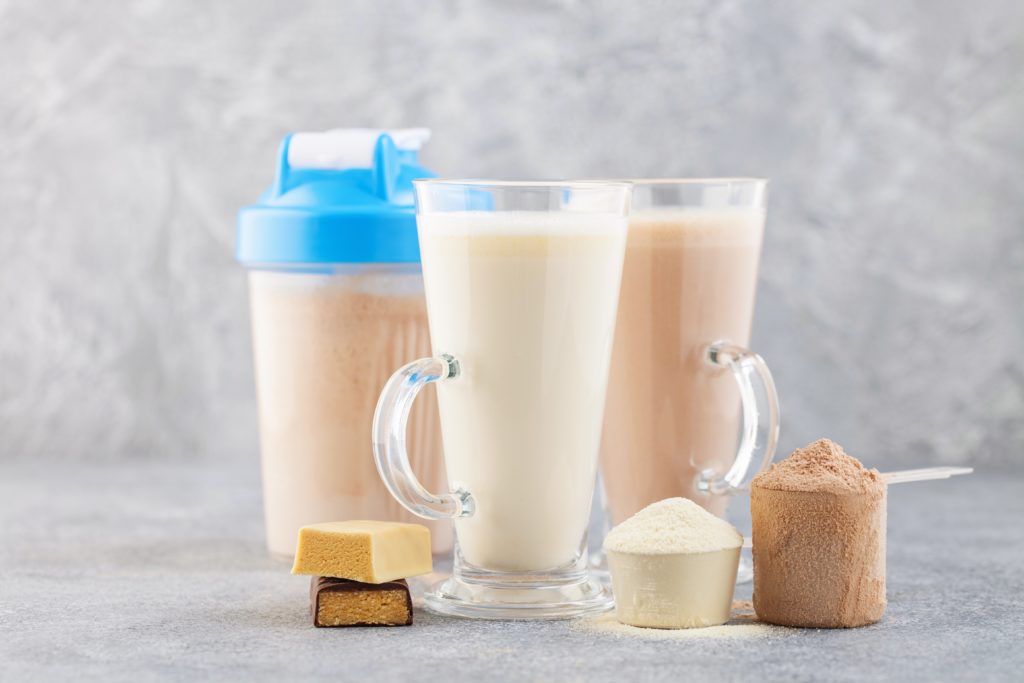1. It helps fight the loss of muscle mass.
As we age, we experience a natural loss of muscle mass, which in turn slows the rate at which your body uses calories. As your metabolism slows, you may begin to put on weight, even if you’ve always maintained a healthy diet and an active lifestyle. No, it’s not fair. Fortunately, there is something you can do about it. By adding protein to each meal, you can promote growth, repair, and maintenance of skeletal muscle.
2. It helps maintain a healthy weight.
Midlife weight gain is not uncommon. Women’s bodies change a lot during the decade before menopause, and it’s nothing to be ashamed about. Crash diets aren’t the answer. Instead, you can make small tweaks that make it easier to maintain a healthy weight. Adding lean protein to your diet is one of the ways you can accomplish this. Choose organic chicken, fish, beans, tofu, eggs, Greek yogurt, or a supplement (especially post-workout) to feel fuller and more satisfied longer.
3. It helps with mobility and other functions.
The benefits of protein go beyond weight management. One study found that seniors who ate the most protein were 30 percent less likely to become functionally impaired than seniors who ate the least. The study defined functioning as simple activities like getting dressed, getting out of bed, and walking up a flight of stairs. “While eating an adequate amount of protein is not going to prevent age-associated loss of muscle altogether, not eating enough protein can be an exacerbating factor that causes older adults to lose muscle faster,” said Wayne Campbell, a professor of nutrition science at Purdue University.
4. It powers the immune system.
According to the European Society for Clinical Nutrition and Metabolism, seniors struggling with acute or chronic illnesses may need even more protein in their diets. They recommend 1.2-1.5 grams per kilogram of body weight, depending on the disease. This is also true when a muscle is in disuse, which is often the case with a hip or knee replacement.
Monitoring and increasing your protein intake isn’t a dietary fad — it’s a must for healthy aging. As always, talk to your doctor about any major dietary changes.
To learn more about protein and menopause, read The Truth About Menopause and Weight Gain.
